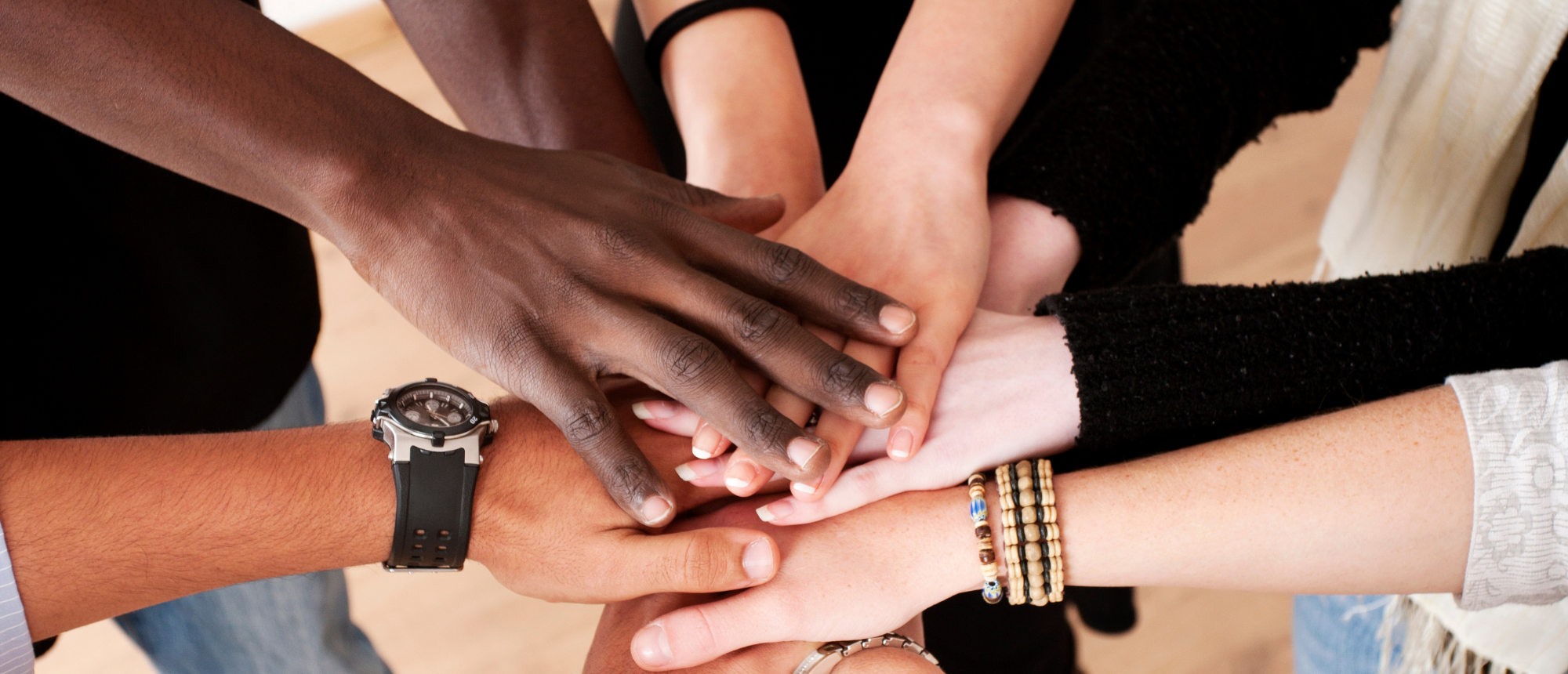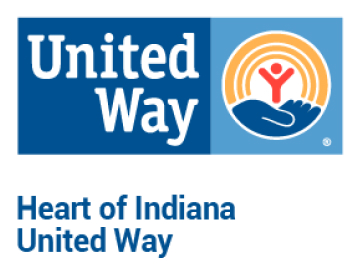
Equity Challenge Week 1 Day 2- Racial Privilege
Today we will be expanding our conversation around race to provide a broad overview of race’s presence in society.
For this learning experience, we will be addressing white privilege’s role in society. Understanding and discussing racism creates pathways so we can begin to deconstruct it.
What is Heart of Indiana United Way doing to address privilege?
Imagine a community where everyone has a fair shot at opportunities, where barriers dissolve, and success knows no boundaries. As a catalyst for change we are offering entry-level grants designed to help small, grassroots organizations that have not applied for funding in the past to easily enter the granting process and build relationships for future funding and capacity-building opportunities. The Equity Advancement Fund is now taking applications and grants will be awarded on a rolling basis. Throughout this challenge we will be hearing from some of last year’s grant recipients.
To learn more about the fund, apply, or to make a donation to help continue this work click here.
Cracking the Codes: Dr. Joy DeGruy “A Trip to the Grocery Store”
Watch how one act that recognizes injustice influences everyone around. Author and educator Dr. Joy DeGruy shares how her sister-in-law uses her white privilege to stand up to systemic inequity.
Think About It
What’s your earliest memory of becoming aware of racism?
• What’s your earliest memory of becoming aware of your own racial identity?
• What’s one way you think your life would have been different had you been born another race?
• What privileges do you have that others do not?
• What privileges do you NOT have that others do?
What’s one privilege you never want to give up?
Racial privilege:
Race-based advantages and preferential treatment based on skin color (often experienced without any conscious effort or awareness)
Whitesplaining:
of a white person) to comment on the minority experience or explain racism to a person of color in a condescending or blaming way, as to point out accommodating behaviors that the victim of racism might have adopted to defuse interracial conflict.
Do Something
Read About It
Unveiling White Privilege: A Path to AntiRacism
Read this article on how embracing colorblindness shields white people from the discomfort of aknowledging racism.
What is White Privilege Really?
Read this deep dive into what white privilege actually is.We chose this article because it not only helps readers understand the term, but it also goes has action steps (posted below) on what white people can do once they recognize their own privilege.
5 Things white people can do after recognizing white privilege.
1) Don’t Take it Personally or use Discomfort to Disengage
2) Learn When to Listen, When to Amplify and When to Speak Up.
3) Educate Yourself
4) Educate Fellow White People
5) Risk Your Unearned Benefits to Benefit Others
Listen and Learn More
Deconstructing White Privilege (20:01)
Robin DiAngelo is the author of “What Does it Mean to Be White? Developing White Racial Literacy “ and has been an anti-racist educator and has heard justifications of racism by white men and women in her workshops for over two decades. This justification, which she calls “white fragility,” is a state in which even a minimum amount of racial stress becomes intolerable, triggering a range of defensive moves. These moves include outward display of emotions such as anger, fear, and guilt, and behaviors such as argumentation, silence, and leaving the stress-inducing situation.

